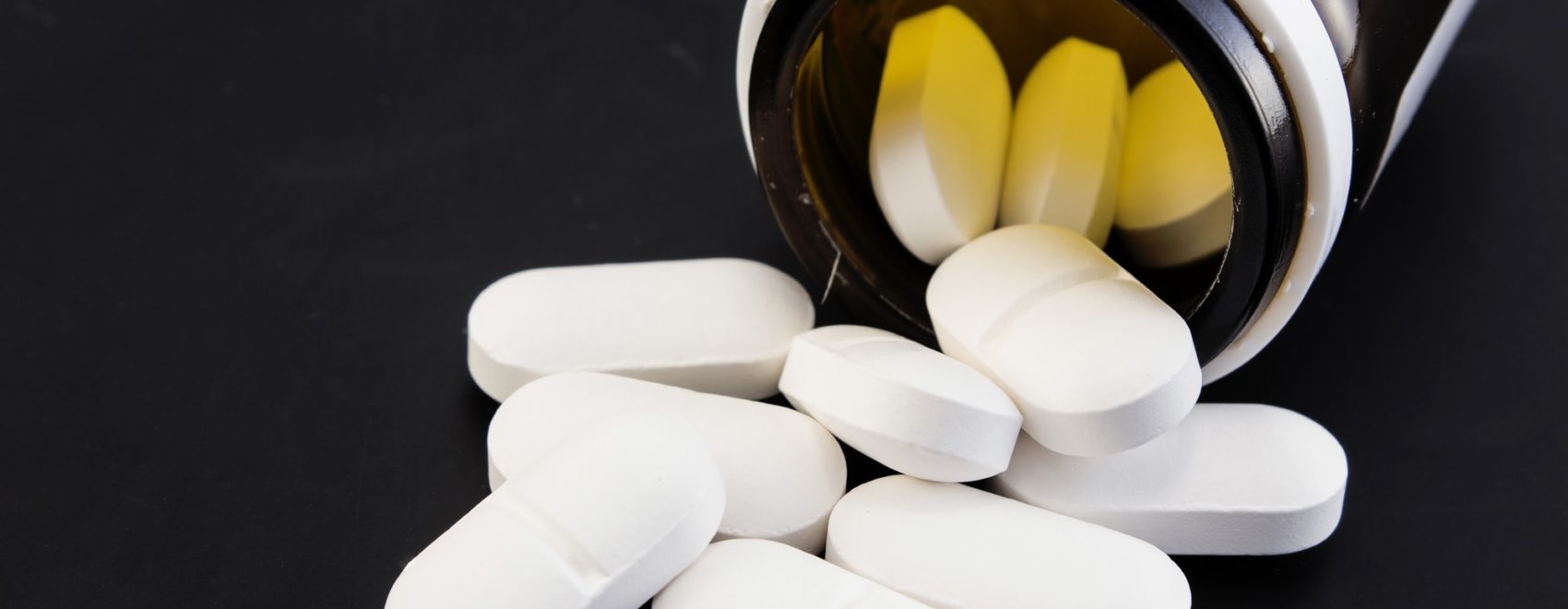There are tons of articles on survival antibiotics, specifically, fish antibiotics for humans. Most are are filled with outdated information and are little more than pitch pages for crappy books. We decided to put this short and sweet tutorial together that cuts through the crap and gives you precisely everything you need to make a decision about prepping with fish antibiotics.
Are Fish Antibiotics Safe?
Yes. You need to make sure you are buying the exact fish antibiotic that you are looking for that has not been enhanced to give the fish “shiny scales” or any other type enhancement. Simply look at the ingredients and make sure there are no other ingredients.

Like all antibiotics, there are side effects that affect people differently. The biggest risk that you run using fish antibiotics for your survival antibiotics prepping is misdiagnosing their use, allergic reaction or taking the wrong dosage.
Obviously, if you are allergic to penicillin you would not to take the majority of fish antibiotics on the market. There is however an alternative to penicillin within the fish antibiotics genre, Keflex (Cephalexin) which is used to treat infections caused by bacteria.
How Do I know When to Use Fish Antibiotics?
It’s important to note that antibiotics are used for bacterial infections, not viral infections. Learning the difference between a viral and bacterial illness is very important so that you do not over-prescribe the antibiotics causing the patient to build up a tolerance to antibiotics. In a survival situation you first need to determine the type of illness, viral or bacterial. If a doctor is not available, use the following as a guide:

- Body Location: A viral illness usually causes body-wide symptoms like aches and pains. A bacteria usually causes site-specific symptoms, such as those involving the sinuses, throat, or chest.
- Color of the Phlegm: If you’ve ever wondered why the doctor asks you the color of your phlegm it’s because a virus usually produces clear or cloudy mucus, if any. A bacterial infection usually causes a different colored phlegm (green, yellow, bloody or brown).
- Duration: Viral illnesses will usually last 2 to 7 days. A bacterial infection will usually persist longer than 7 days.
- Is There a Fever? A viral illness may or may not cause a fever. A bacterial illness almost always causes a fever.
There are five fish antibiotics that we
recommend for Survival Antibiotics Prepping.
- Amoxicillin – Amoxicillin fish antibiotics is a penicillin antibiotic that fights bacteria. Amoxicillin is used to treat many different types of infection caused by bacteria, such as tonsillitis, bronchitis, pneumonia, gonorrhea, and infections of the ear, nose, throat, skin, or urinary tract.
- Cephalexin – fish antibiotics is a cephalosporin (SEF a low spor in) antibiotic. It works by fighting bacteria in your body. Cephalexin is used to treat infections caused by bacteria, including upper respiratory infections, ear infections, skin infections, and urinary tract infections.
- Ciprofloxacin – fish antibiotics is used to treat a variety of bacterial infections of: bones and joints, endocarditis, gastroenteritis, malignant otitis externa, respiratory tract infections, cellulitis, urinary tract infections, prostatitis, anthrax, and chancroid. Ciprofloxacin belongs to a class of drugs called quinolone antibiotics. It works by stopping the growth of bacteria.
- Penicillin – antibiotics were first antibiotic that doctors used. There are several antibiotics in the penicillin class. In addition to pneumonia and blood poisoning, the major causes of death, in hospitals, during the war, strep throat, scarlet fever, diphtheria, syphilis, gonorrhea, meningitis, tonsillitis, rheumatic fever, and many other diseases were successfully treated with penicillin.
- Cephalexin – This is a cephalosporin (SEF a low spor in) antibiotic. It works by fighting bacteria in your body. Cephalexin is used to treat infections caused by bacteria, including upper respiratory infections, ear infections, skin infections, and urinary tract infections.
The descriptions above are copied and pasted from a popular medical website. We are not doctors, nor do we suggest that you take our advice about taking any medicine or supplement without contacting a doctor. We HIGHLY recommend that you do your own research before taking these medicines.
Where Can I Buy Fish Antibiotics; How Much Should I buy, What Dosage?

There is one major player when it comes to buying fish antibiotics for humans and that is Thomas Labs. They are the same company that makes antibiotics for humans as well as veterinarians. We suggest that you buy directly from them. We have NO monetary relationship with Thomas Labs, our recommendation is purely from our research of the companies that sell survival antibiotics. We have the individual fish antibiotic links in the table above.
We suggest buying the 500 mg dosage, only because it’s cheaper. Most infections in adults are treated with 500mg – 800mgs of antibiotics per day. The capsules are easily separated where you can divide up the medication within them. The medicine can be taken out of the capsule and added to food or dissolved in a liquid that you drink or inject. Buying the 500mg fish antibiotics will save you about 30% over the cost of buying the 250mg variety.
Shelf Life and Storage Recommendations for Survival Antibiotics
Most of these products have a two year shelf life. Me and my family have used fish antibiotics from our survival antibiotics stash for years. I have taken antibiotics (Amoxicillin) well over the two year mark. What I noticed was a decrease in the potency, not adverse side effects.
If you noticed above, the 100 count jars are pretty expensive, especially if you are buying them every two years. So what we do is pretty simple. We buy one each the 30ct jars every year and save them for three years. We rotate the jars each year throwing out the third batch every time we get a new batch. This way we still get some use from the expired batches.
It costs us about $160 per year. However, we ACTUALLY use these survival antibiotics throughout the year for us and the animals (not for the kids). We rarely take a pet to the vet for this reason.
In conclusion, fish antibiotics for humans is a low risk proposition and would be a great addition to your prepping efforts or for your survival kit. As always, consult with a medical professional before taking ANY medications and conduct your own research before purchasing these products.

